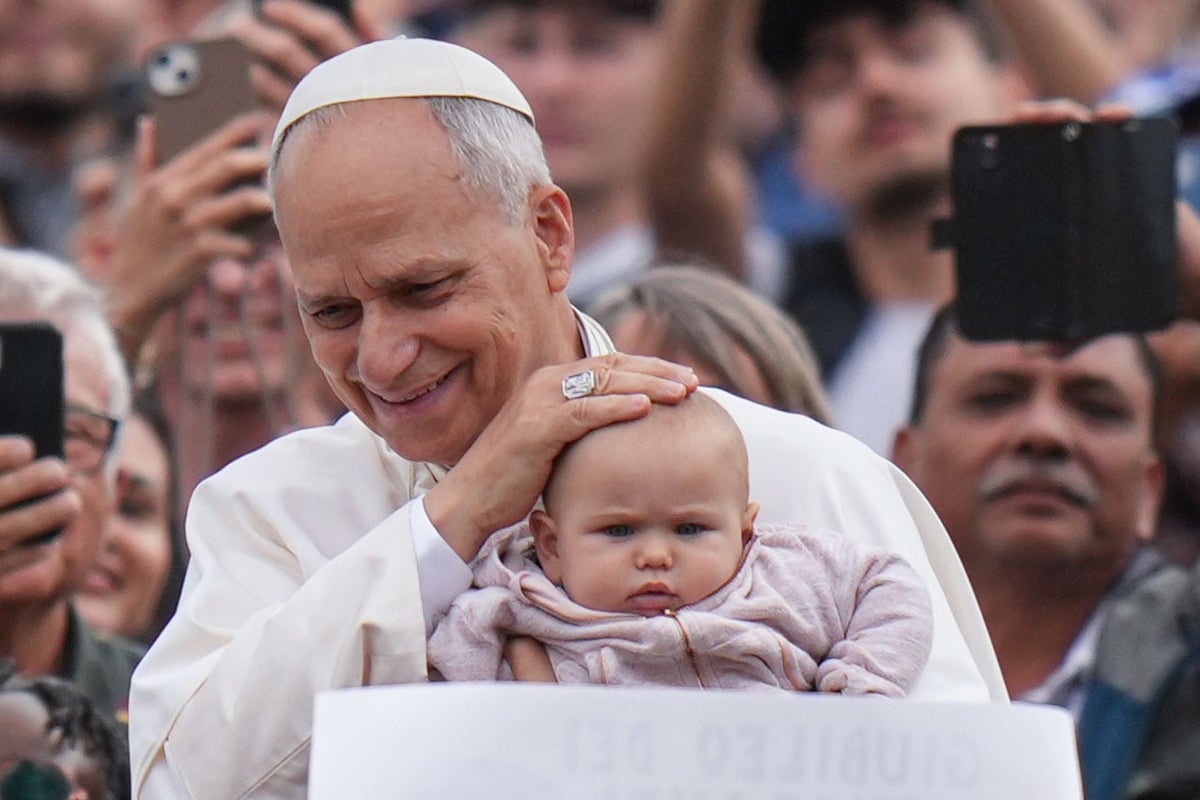
Pope Leo XIV is poised to embark on his inaugural foreign trip next month, travelling to Turkey and Lebanon.
The pilgrimage is a symbolically significant gesture to both Christian and Muslim communities and will fulfil a journey his predecessor, Pope Francis, had originally planned.
The Vatican announced on Tuesday that Leo will visit Turkey from 27-30 November and Lebanon from 30 November to 2 December.
The Turkish itinerary includes a pilgrimage to Iznik, marking the 1,700th anniversary of the Council of Nicea, the first ecumenical council.
The anniversary holds crucial importance for Catholic-Orthodox relations. Pope Francis had intended to mark it with his own Turkish trip in May, invited by Patriarch Bartholomew I, the Orthodox leader.
Following Francis’s death in April, Leo stated his clear intention to fulfil his predecessor’s plans.
The trip will give the first American pope a chance to speak in broad terms about peace in the Middle East and the plight of Christians there.
Leo, like Francis, has consistently called for peace and dialogue in the Middle East, especially as Israel’s offensive rages on in Gaza.
The last pope to visit Lebanon was Pope Benedict XVI in September 2012 on what was the last foreign trip of his papacy.
Francis had long hoped to visit Lebanon, but the country’s political and economic instability prevented a visit during his lifetime.
The Mediterranean nation of around six million, including more than one million Syrian and Palestinian refugees, has the largest percentage of Christians in the Middle East and is the only Arab country with a Christian head of state.
However, the Vatican fears the country’s instability has been particularly dangerous for the continued presence of its Christian community, a bulwark for the church in the Mideast.
Lebanon is currently struggling to recover after years of economic crisis and a bruising war between Israel and the Lebanese militant group Hezbollah that ended with a US and France-brokered ceasefire in November.
Formation of a new, reformist government in November ended a two-year political vacuum and brought hopes of recovery but the situation remains tense.
Lebanese President Joseph Aoun announced the trip on X, but provided only the dates. The Vatican said the trip itinerary would be released at a later date.
Israel has continued to occupy five strategic points on the Lebanese side of the border and carry out near-daily airstrikes that it says aim to stop Hezbollah from regrouping.
Hezbollah is under increasing domestic and international pressure to give up its remaining arsenal but has refused to do so until Israel withdraws and halts its strikes. There are fears of civil conflict if Lebanese authorities attempt to forcibly disarm the group.
About one-third of Lebanon’s population is believed to be Christian, though there is no official number since there hasn’t been an official census since 1932.
The Maronites are the largest and most powerful sect and, by convention, Lebanon’s president is always a Maronite Christian.
